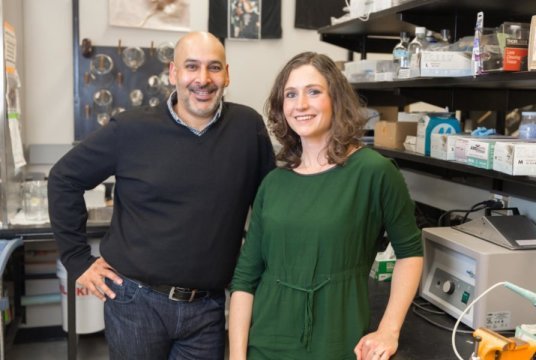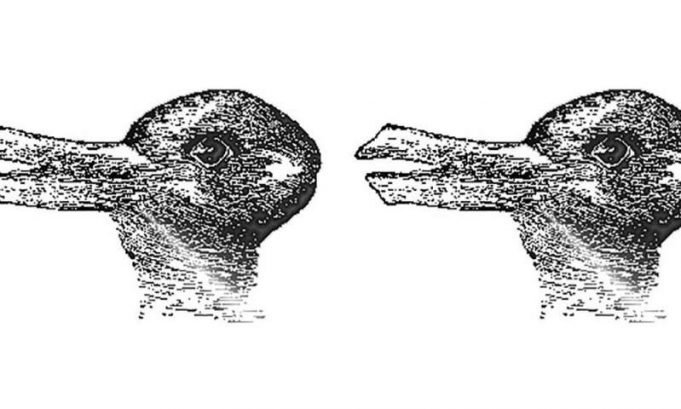New research has revealed how people's intelligence, rather than their personality traits, leads to success.
Researchers at the Universities of Bristol, Minnesota and Heidelberg devised a series of games to find out which factors lead to cooperative behaviour when people interact in social and...
More than 500 genes linked to intelligence have been identified in the largest study of its kind. Scientists compared variation in DNA in more than 240,000 people from around the world, to discover which genes are associated with intelligence....
Psychopaths exhibit callous disregard for the welfare of others, suggesting an inability to understand the perspective of people around them. Yet they can also be extremely charming and manipulative, seemingly indicating an awareness of the thoughts of others. This...
A new study published today suggests that how empathic we are is not just a result of our upbringing and experience but also partly a result of our genes.
Empathy has two parts: the ability to recognize another person's thoughts...
In a new study in Nature Neuroscience, Jaideep Bains, PhD, and his team at the Cumming School of Medicine's Hotchkiss Brain Institute (HBI), at the University of Calgary have discovered that stress transmitted from others can change the brain in...
Easy as 1, 2, 3! Such claims have touted the ease of use of a new gadget, although a closer look would reveal that it would take dozens of steps to make it work. Just ask School of Psychology...
When you look at the two images below, what do you see? Maybe you see two ducks, sitting side by side. Perhaps instead you see two rabbits. Maybe you see a duck and a rabbit.
Now look at the image,...
A recent study by a University of Arkansas researcher, Darya Zabelina, assistant professor of psychology, takes a new approach to measuring the association between creativity and cognitive control, that is, the mind's ability to override impulses and make decisions...
Children as young as seven apply basic laws of physics to problem-solving, rather than learning from what has previously been rewarded, suggests new research from the University of Cambridge.
The findings of the study, based on the Aesop's fable The...
The "loudness" of our thoughts—or how we imagine saying something—influences how we judge the loudness of real, external sounds, a team of researchers from NYU Shanghai and NYU has found.
Its study, titled "Imagined Speech Influences Perceived Loudness of Sound"...
When and where did humans develop language? To find out, look deep inside caves, suggests an MIT professor.
More precisely, some specific features of cave art may provide clues about how our symbolic, multifaceted language capabilities evolved, according to a new paper...


















